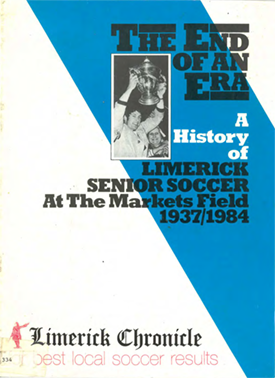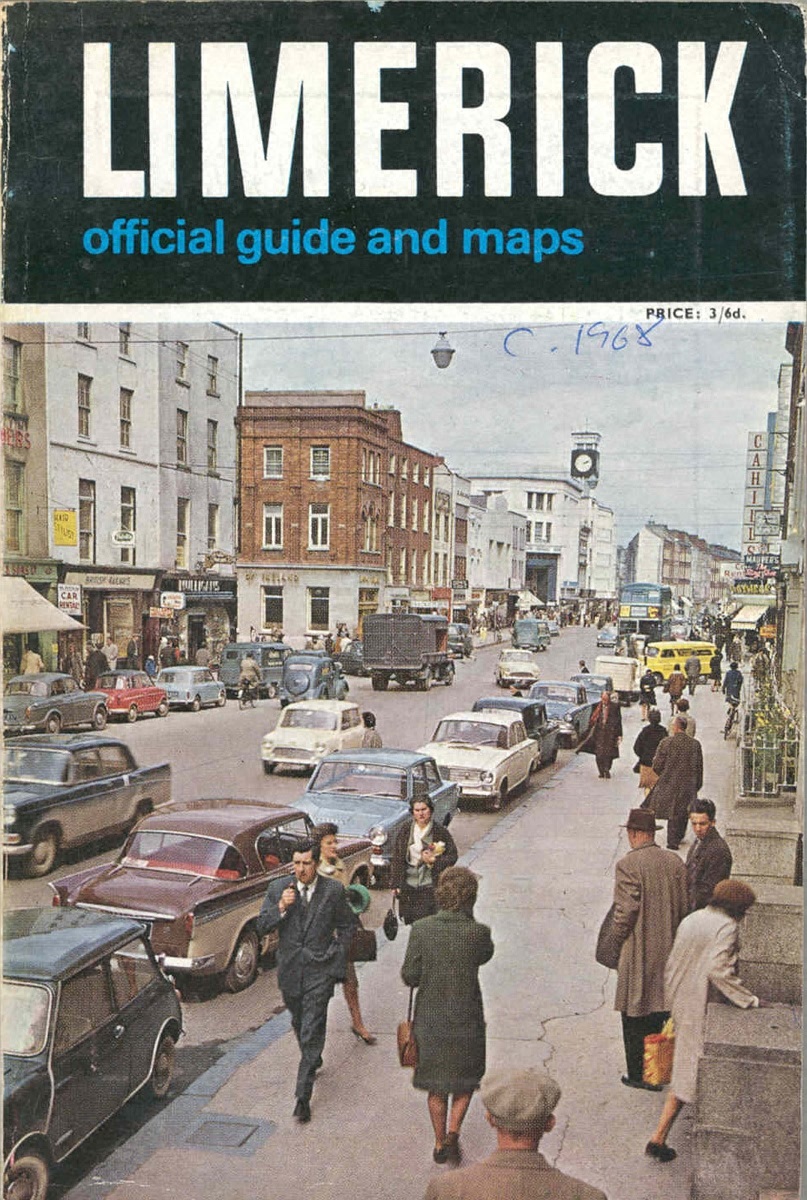
Whether you’re just getting started in studying local history, tracing your family tree or researching a school project we can point you in the right direction. We also have available our extensive collections of local material and records, both in the Local Studies department and our Digital Archive.
Limerick has always been fortunate to have a vibrant history community, which has recorded the city and county’s stories in hundreds of books, thousands of journal articles and countless newspaper articles.
Limerick Libraries has one of the most extensive collections of online resources in Ireland. Limerick City and County Library has been engaged in a digitisation and website project for a number of years and many of the materials and resources contained in its local studies collection have now been made available online.
We provide advice on genealogical resources and offer assistance with specific queries, and we do hold some records of relevance to family history research, such as electoral lists and trades’ directories.
Books and journals collections are the heart of a local studies library. Also very important, of course, are newspapers and maps. Family history and music collections add much to the store of local knowledge and culture.
As you browse the local studies website you will uncover many features which you will surely find of great interest. Here, let us provide you with a short-cut to some of our favourites – these highlights offer a glimpse into the rich tapestry of content and resources available on the local studies website.
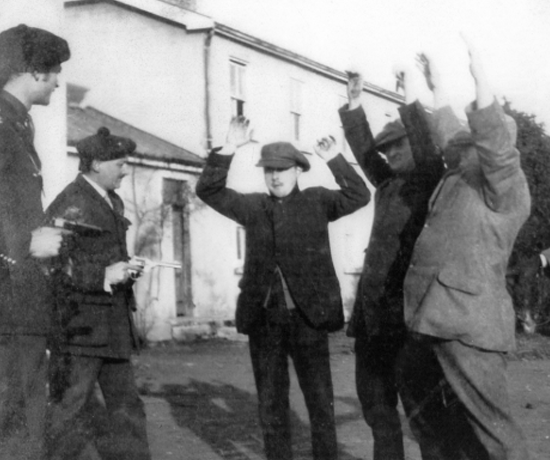
The Decade of Centenaries was a commemorative programme focussing on the transformative historical events of 1912-1923, including the First World War, the 1916 Easter Rising, the War of Independence, and subsequent Irish Civil War.
Read More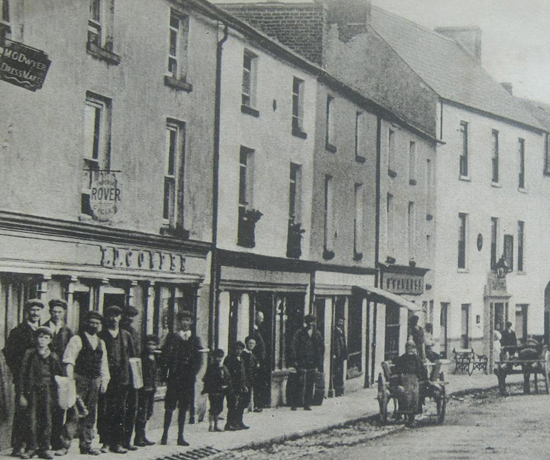
Something that people always find fascinating is to see images of a place, contrasting how it looks today with how it looked at some time in the past. Here we present a gallery of such images, which were taken as part of The Gathering Ireland in 2013.
Read More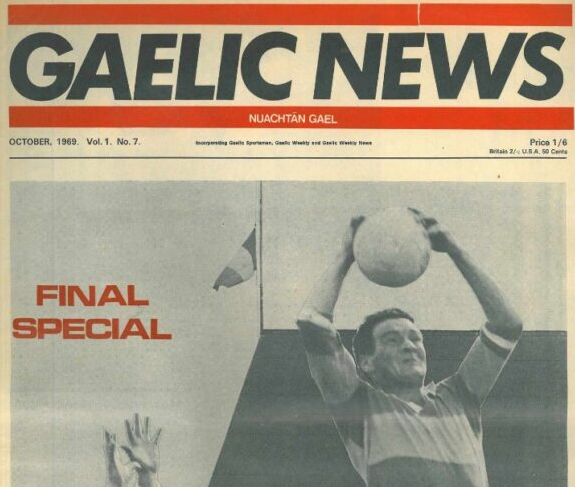
Séamus Ó Ceallaigh was one of the great chroniclers of the history of Gaelic Games. As well as pursuing his work as a writer, Mr. Ó Ceallaigh accumulated a massive collection of G.A.A. related materials. He bequeathed this collection to Limerick City Library and the library has held the Ó Ceallaigh Collection since 1989.
Read More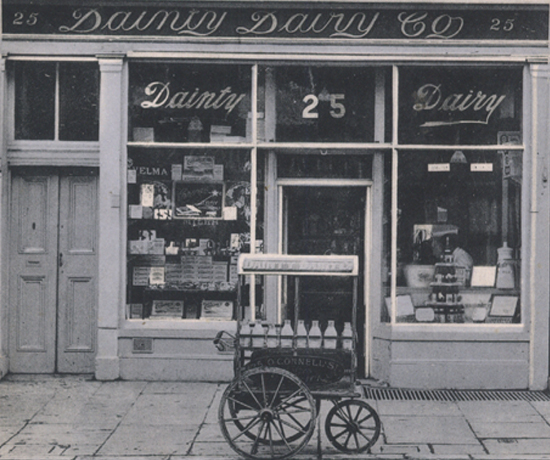
The local studies collection includes fifty trades and street directories of Limerick City and County, published between the years 1769 and 1976. In the absence of census records prior to 1901 these directories are of immense value in establishing addresses and occupations of people who lived in Limerick.
Read More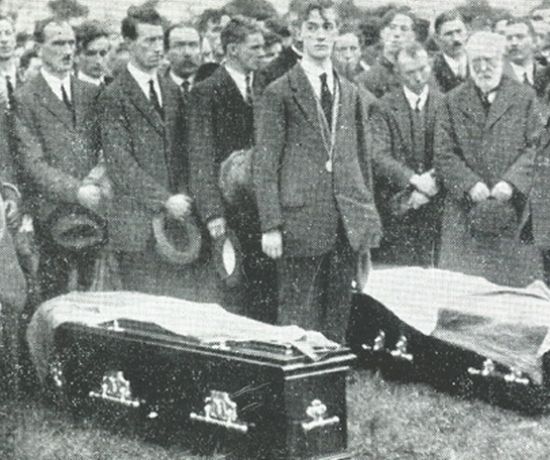
We have compiled all notices of deaths contained in the Limerick Chronicle (and some other Limerick newspapers) from 1781 to 1951 (a range of 170 years). It consists of not only death notices but also obituaries, funeral reports and any news stories pertaining to the death of a Limerick person and all deaths that occurred in Limerick city or county.
Read MoreLimerick Libraries has one of the most extensive collections of online resources in Ireland. From digitised books and journals to trades directories and obituaries from local newspapers, along with much more. Many local studies research queries can be resolved through use of the digital collections.
